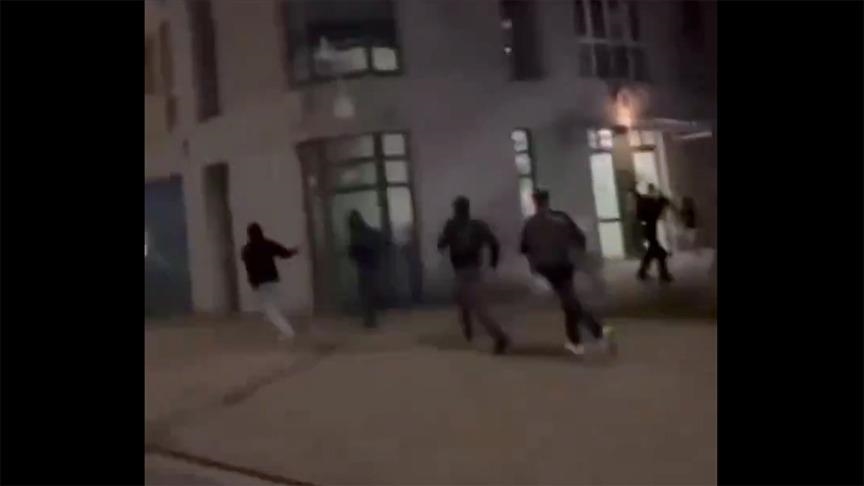U.S. Apache Downed, F-16 Crashes In Iraq
"One coalition soldier received minor wounds," Centcom said.
A civilian spokesman for the U.S.-led forces, meanwhile, said that several people were killed in overnight clashes.
"Last night there were a number of fatalities in the contacts with coalition forces that are going on in western Iraq," he said, declining to elaborate ahead of a briefing by ground forces chief Lieutenant General David McKiernan later Thursday.
"A coalition raid was conducted 150 kilometers (95 miles) northwest of Baghdad on Wednesday as part of the continued effort to eradicate Baath party loyalists, paramilitary groups and other subversive elements," it said.
"The assault on the terrorist training camp began at approximately 1:45 am Baghdad time (2145 GMT Wednesday) with a coordinated air strike.
"A direct firefight ensued with ground forces early this (Thursday) morning. Ground forces included members of the 101st Airborne Division," it said.
In yet another incident, Centcom said a U.S. F-16 fighter crashed southwest of the Iraqi capital earlier in the day Thursday, but the reasons for the accident were not known.
"A U.S. Air Force F-16CG fighter aircraft crashed at approximately 6:30 am (0230 GMT) local time today (Thursday) southwest of Baghdad. The aircraft was flying from a forward-deployed air base in Southwest Asia supporting operations in Iraq," Centcom said.
"The pilot ejected safely from the single-seat aircraft and was rescued at approximately 7:30 am (0330 GMT) … The cause of the incident is unknown at this time and will be investigated," a statement said.
No To ‘Right Of Return’
In another development, an Iranian official said Thursday that the U.S.-led forces in Iraq have prevented Iraqi refugees in Iran from returning home, triggering "unrest" among the 200,000 Iraqi refugees in Iran.
"Unfortunately we faced some problems with the occupying powers in Iraq which forced us to stop the returns," Hosseini, who was speaking through an interpreter, told journalists.
Iran shelters about 2.2 million mainly Afghan and Iraqi refugees, the largest refugee population of any country in the world, and has said that it can no longer afford their upkeep.
Tehran believes that the Iraqis have technically lost their refugees status with the fall of ousted Iraqi president Saddam Hussein’s regime and the end of the conflict in Iraq.
"We believe they cannot be protected by the international community, international assistance cannot continue and the best choice is that they return to their homes," Husseini said, adding that Iraq was safe enough.
But "we cannot fix a deadline for their return, it matters to us that the return should be done in safety and dignity," he said.
A spokesman for the U.N. High Commissioner for Refugees (UNHCR), Rupert Colville confirmed that many of the Iraqis were eager to return home.
"Some are going back on their own, but UNHCR has not set up an organized repatriation scheme yet," he told AFP.
Britain, France and Germany signaled last month that they wanted to send Iraqi refugees in their countries home as soon as possible, prompting UNHCR to send an envoy to Baghdad to see if the situation in Iraq was safe enough for them to return.



